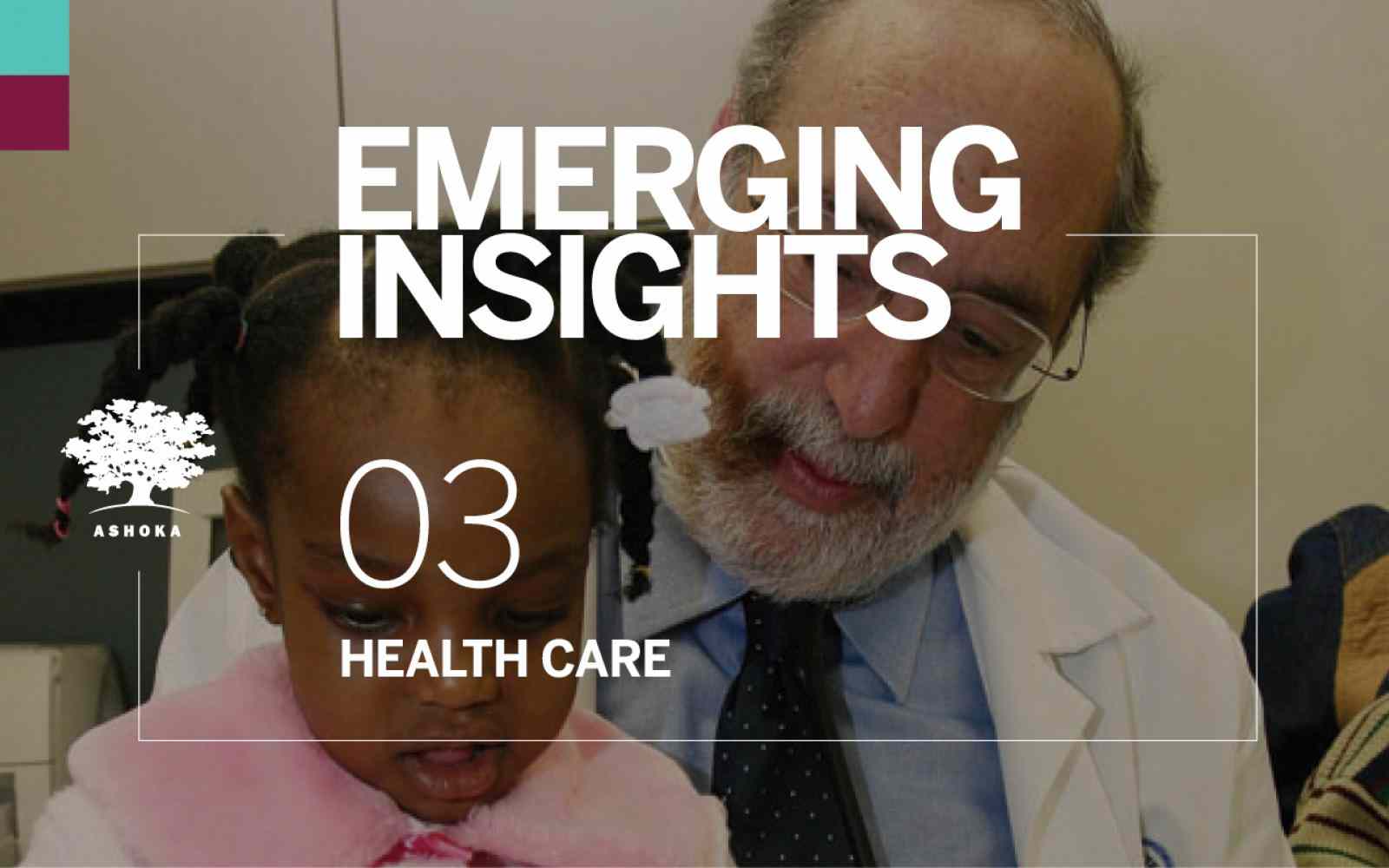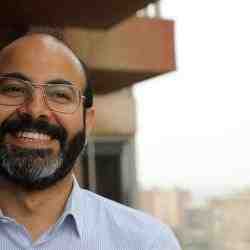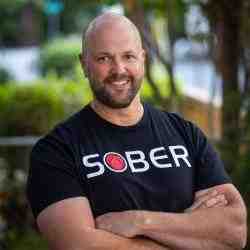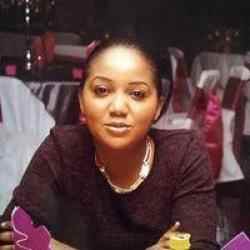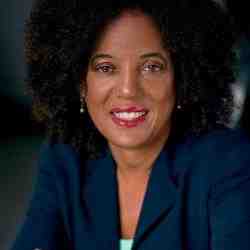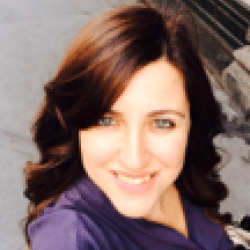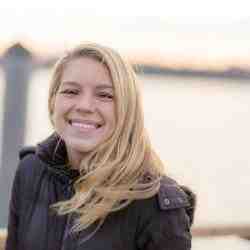GLOBAL ISSUES
In 73 UN member countries, the right to medical services is codified as a constitutional right and the situation is trending upward[7].
The reality on the ground, however, is much different. Whereas many governments may publicly support health care for all, resourcing for adequate health care remains a challenge. Only 18 countries, which include Canada, Australia and several European countries, offer true universal health care coverage. Others aspire to meet the medical needs of their citizenry, but often fall short in resourcing. Only 14% of countries worldwide guarantee public health[8].
While life expectancy and child mortality continue to steadily improve, more people are seeking treatment for issues related to mental health. The World Health Organization reports that one in four people in the world will be affected by mental or neurological disorders at some point in their lives. The Centers for Disease Control estimates that depression is the second most common cause of disability in the world (after heart disease) with secondary effects on family, friends and communities. Yet services for mental health are poor, and there are worldwide shortages of professionals like psychiatrists and nurses and mental health institutions. Connecting with care is an uphill battle – from both an institutional and individual perspective.
NEW IDEAS
The challenges of access to treatment and stigmas were a prominent issue being tackled by 24 of the 2019 Ashoka Fellows. From mental to maternal health, Fellows are improving community cohesion, problem-solving, and awareness across the globe.
Destigmatizing mental health and addiction
Around the world, mental health issues affecting children are often overlooked and often stigmatized. Parents are embarrassed by children who are differently abled or who display mental health challenges and very few understand the roots of mental issues and lack the knowledge of what support would truly look like.
Drug and alcohol addiction is a public health crisis that affects over 21 million individuals in US[9]. As a disease of isolation, what is most needed for individuals to improve is to rebuild positive connections devoid of stigma.
Networking providers for systemic change
In Zambia, only 47% births are attended by a skilled health worker at a health institution. In addition to limited governmental healthcare facilities and a doctor-patient ratio of 1 to 12,000, mothers who give birth at healthcare institutions are also required to bring birthing materials. This leads to many women deciding to give birth at home attended to by an experienced family member or a community birth attendant.
Health and medicine are a mirror on society, and this is evident in Haiti where a fragmented healthcare system underutilizes the rich resources of nurses.
Germana Soares contracted the Zika virus during her pregnancy with her first child who, subsequently, was born with microcephaly. Recognizing the challenge of raising a child affected by Zika, she set up União das Mães de Anjos – the Union of Mothers of Angels.
SPOTLIGHT ON:
Innovation in eating disorder support
Without good information or effective communication strategies, young adults often struggle with another common, but complicated mental health challenge – eating disorders – and do not know how or when to ask for help.
In the US, 1 in 10 individuals experience an eating disorder in their lifetimes. To eliminate the barriers to treatment, Kristina Saffran’s Project HEAL is challenging the mental healthcare system to think differently about access.
Kristina Saffran
Ashoka Fellow since Jan 2019
THE OPPORTUNITY
As part of a continuing commitment to systemic change in the field of health, Making More Health, Ashoka’s long-term partnership with Boehringer Ingelheim, continues to host the popular online professional development course on Social Intrapreneurship for Innovation in Health. Drawing from the insights of Ashoka Fellows working in health and focused on topics like the business case for social intrapreneurship, co-creation, challenges and opportunities, and strategies for advancing social intrapreneurship within institutions, the course has enabled health professionals from a diverse mix of public and private sector health professions, social entrepreneurs, students and business executives to connect. Nearly 500 participants participate annually with 70% pledging to start an intrapreneurial project or action after the course.
[7] “A Constitutional Right to Health Care: Many Countries Have It, but Not the U.S.” ScienceDaily, 2013.
[8] "A Constitutional Right to Health Care: Many Countries Have It, but Not the U.S.” ScienceDaily, 2013.
[9] National Institute on Drug Abuse. “Nationwide Trends.” Drugabuse.Gov, 2019.
